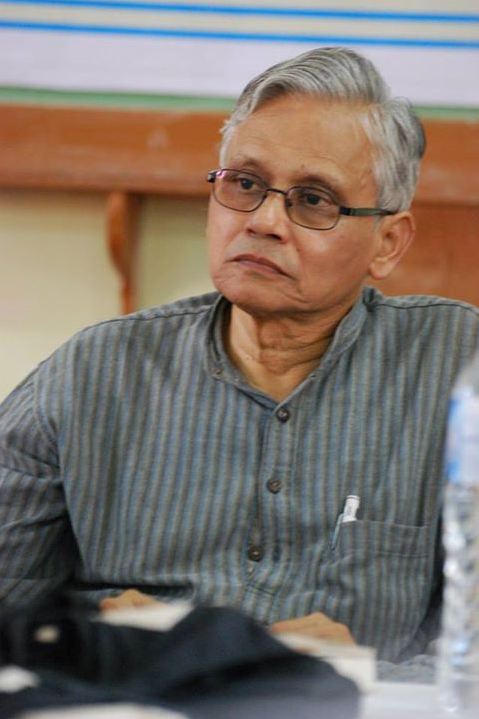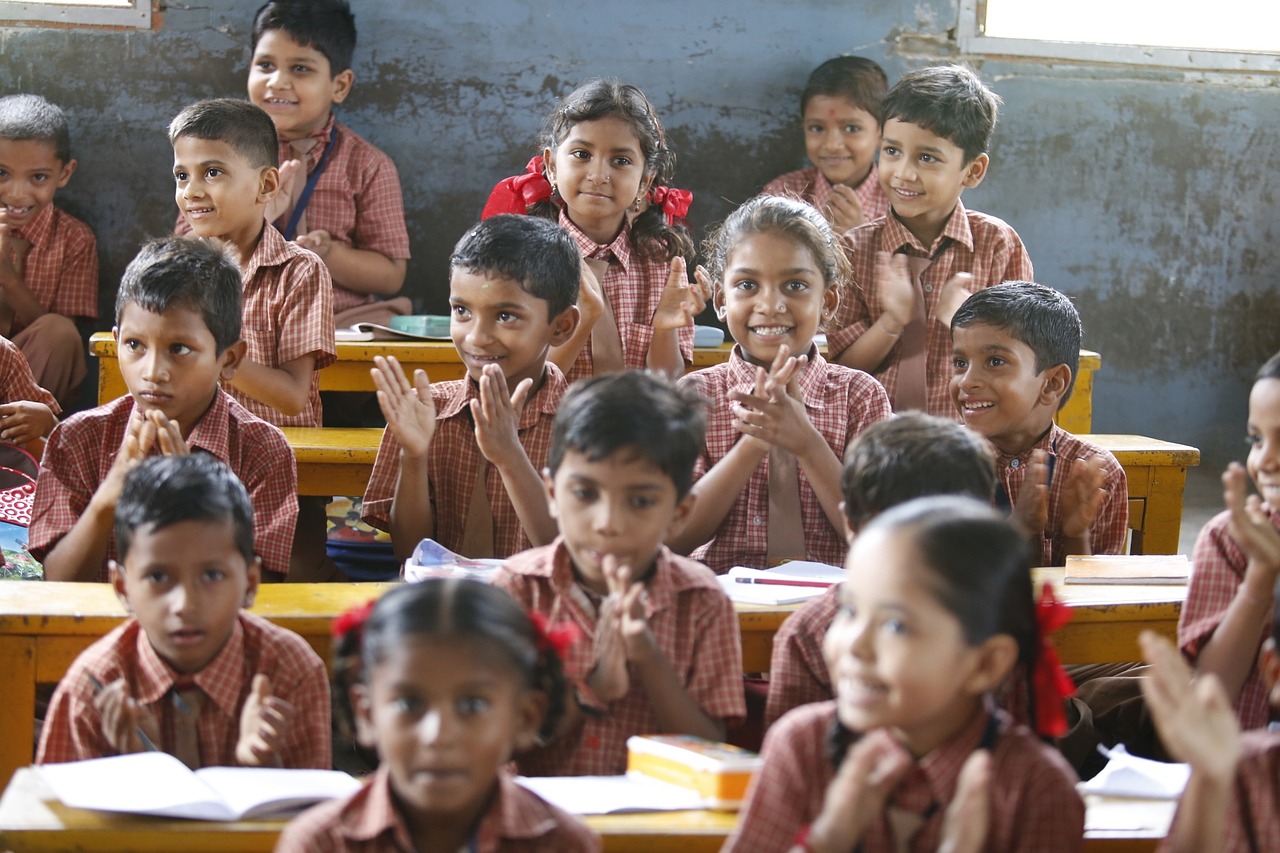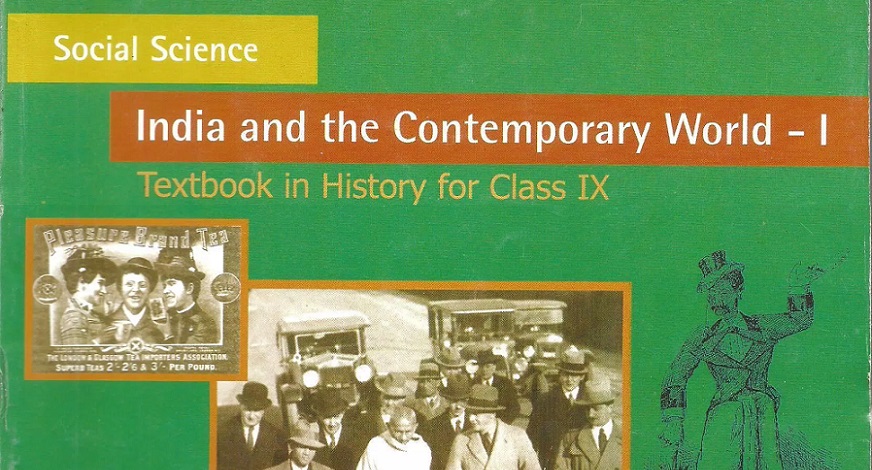In conversation with The New Leam Rudolf C. Heredia- a distinguished social scientist-has reflected on the philosophy of education, pedagogic practices and the possibility of alternative forms of learning.

You are a sociologist with deep interest in liberating education and critical pedagogy. Tell us something about your intellectual trajectory.
As far as being a teacher is concerned I believe that the teacher is not the person who takes the donkey to the pool to drink the teacher is rather the one who makes the donkey thirsty. The point of being a teacher is to inspire and make the students curious. The teacher must be the catalyst for the journey of intellectual curiosity. But remember, it must not just be the intellectual journey that the student is set upon but also awareness must be cultivated about the social concerns and responsibilities. They must be helped not just to read the word but also read the world. Marx put it beautifully when he said that the philosophers have interpreted the world in many ways the point however is to change it.
How do you see the vocation of teaching in India? Given the prevalent practices of education at our schools and colleges, is it possible for teachers to play a key role for social transformation?
We have been neglecting the domain of education for so long. When I wrote a book Taking Sides: Reservation Quotas and Minority Rights in India, Penguin, 2012, many bureaucrats told me that the reserved quota people were incompetent and thus they threatened efficiency. I wondered that these very people are hardly bothered about efficiency when people very openly pay bribes to get fake driving, even flying licenses. Finally, I told them that it was their caste and class that had been ruling over the country for the past seventy years and yet they had failed to universalise literacy and primary education. I said they had already lost the moral ground to talk about these things and thus should step aside and allow others a fair chance. To this they had no answers. I don’t mean to suggest that all of us are engaged in such prejudice but this has somewhere been our collective subconscious attitude.
Any ideological party that is serious about the long term impact on society never denies the importance of education as an institution. Gandhi did not but the Congress did. The focus was on institutions of higher learning such as the IITs etc. but the field of primary education was often neglected. What does the BJP want to do? It wants to change the textbooks; similarly the Marxists want to change the textbooks. We can see that each of these ideological groups want to shape people’s minds according to their own ideas and therefore make a long term impact. Ironically the children of these upper class, upper caste politicians and bureaucrats do not study in India and are sent to places like the US especially for their higher degrees.
What is perpetuated in the name of higher education is a creamy layer that gets all the benefits. We must ask why in all these years we have not been able to universalise primary education for the poor, for the Dalits and all other marginalised groups. The class-caste divide is so deeply entrenched in our society that it presents itself in all spheres of life and we cannot ignore its presence. Nevertheless all efforts must be made to challenge it.
You have deep engagement with religiosity. Do you feel that the vocation of teaching has an element of religiosity in its true spirit?
By religiosity you mean popular religion and the way that people use myths and rituals to express their religion but if you mean by religiosity, sometimes going as ‘spirituality’, what is being done by popular comfort, feel good gurus then that is not the practice of religion in the true sense. It is merely the psychological massaging of the ego at worst, and at best a coping technique for stress. The problem is that these interventions just satisfy the ego but don’t lead to any long term good. And without serving this purpose of helping people look beyond themselves and relate to the world at large, what is the meaning of true religiosity?
So the idea is that religion must enable people to look beyond their limited selves and see the service of humankind as their duty. But today even religion is being politicised and used for personal gain. Religion must be involved in liberating structural-social change for all especially the last and least. Most of the time what we practice in the name of religion is petitionary religiosity wherein people are constantly engaged in the process of bargaining and bribing the deities for personal gains or overcoming individual fears. We see how temples are particularly flooded with young people before examinations who come to ask for good results. What does this say about us?
These are some of the sharp observations that we need to make as participants of the system in order for things to change. It is important that students are trained to be curious, questioning, and investigative. These values often seem to be marginalised by our education system. The present education system focuses on rote learning making learning extremely superficial and exam centric. Traditionally in India the practice of the guru was attempted at not just the intellect but at changing the whole personality of the student. Even the Socratic and the Platonic traditions were about the total and holistic transformation of the student’s persona. The idea was not just to manufacture a good student but to produce a critical citizen – one who is engaged with the world around and one who focuses not on the fulfilment of the ego or selfish pursuits but works for the betterment of others, especially those less furtunate.
India produced many innovators in the field of education–Gandhi, Tagore, Krishnamurti. Why is it that mainstream school education refuses to learn anything from them?
We know that all these thinkers collectively emphasised that the process of learning and life were both intrinsically related to each other. This meant that one learnt not just from distant observation but by participation. Traditionally too people got trained by being on the job. Great artists like Michelangelo, Van Gogh or Vinci learnt their skills through active participation in their art. It was during the onset of industrialisation that education began to get a formal shape and specialised centres of knowledge began to get prominence.
Tagore emphasised learning in the abundant beauty of nature and his disciple and comrade Deviprasad wrote extensively about cultivating creativity among young learners as this ended all negative and destructive energies within them. Krishnamurti schools although largely elitist at least had a strong creative curriculum. While the school models that Gandhi and Tagore built could easily be replicated with adequate will and taken to various corners of the country, Gandhi’s ideas could also be practiced on a large scale. In his philosophy of education Gandhi emphasised the union of the mental and the manual and thus activities like cleaning the toilets were an intrinsic part of the curriculum. As in Gandhi’s ashrams, this was meant to eradicate casteist ideas and attitudes. What today is being done in the name of Swachh Bharat- is all so hypocritical. It’s all about keeping ourselves and our neighbourhoods clean and unpolluted, while manual scavengers are left to clean our sewage because they are polluted anyway! All this happens because we don’t teach our children to think independently and critically.
How do you see the culture of ‘alternative’ schools? Is it elitist? Or is it possible to practise liberating pedagogy even under extremely difficult circumstances?
The point that we must remember is that any creative school experiment must be done in a way that can subsequently be replicated and generalised. It is of no use if it does not reach out to the people at large. I am of the opinion that we must work towards broadening these experiments and making it available to children across all categories and sections of our peoples.
The New Leam has no external source of funding. For retaining its uniqueness, its high quality, its distinctive philosophy we wish to reduce the degree of dependence on corporate funding. We believe that if individuals like you come forward and SUPPORT THIS ENDEAVOR can make the magazine self-reliant in a very innovative way.













